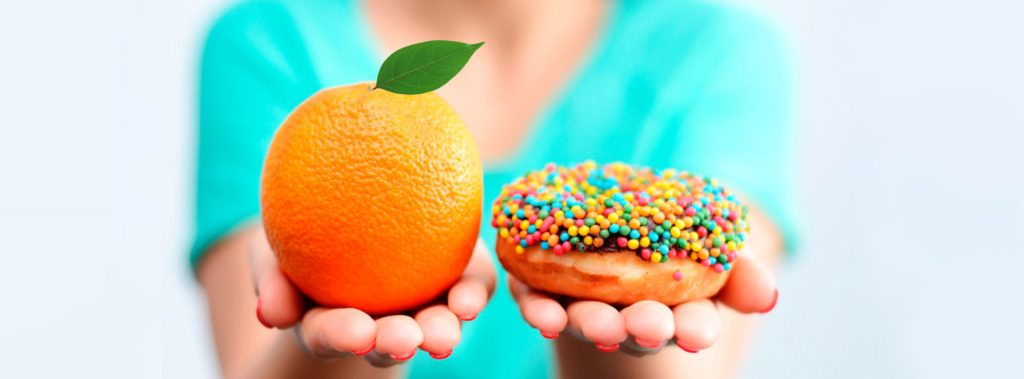Will losing those extra kilos make you happy? Science says probably not.
Maintaining a positive body image nowadays is very difficult when we are daily assaulted with a barrage of perfectly photoshopped images in magazines, on the Internet and splashed across billboards. Strong emphasis is now placed on the importance of being slender for women and for appearing athletic and/or lean for men. In such an overtly shallow environment focussed on outward appearance, is it any great surprise that a strong link between body image and happiness levels permeates modern society and has many people asking: ‘Will losing a few extra kilos make me happier?’

A recent survey by Chapman University in the United States looked at 12,176 adult women and men aged between 18 and 65 and found that approximately 15 per cent of men and 20 per cent of women were ‘extremely dissatisfied’ with their weight. Amongst the women, body image ranked third as the strongest indicator of overall satisfaction with life; the only stronger ones were related to their financial situation and romantic partner. For men, body image was the second strongest indicator, following life and financial satisfaction respectively. Overall, people who were more satisfied with their appearance reported greater self-esteem and satisfaction with their sex and romantic life, family, friends and finances.
And thus the wheel keeps turning, with people believing that a leaner, fitter and ultimately happier them is just 10 kilos away. Sadly, new research suggests that improving the quality of your diet is actually a better recipe for success than losing that extra tire around your belly. Although maintaining a healthy diet is instrumental in treating existing depression sufferers and stopping others from developing it, a new review of food-mood studies has shown that the relationship between depression and diet is quite independent of body weight.
What comprises a healthy diet?
Basically, you need to avoid all those tempting and ubiquitous ‘extras’ that flout themselves in TV commercials and in the grocery aisle. Foods that provide energy, but offer little to no nutritional value, such as chocolate, cake, chips and candy should be high on your avoidance list as they only feed your fat cells. You’re better off focussing your caloric intake on what is known as ‘brain foods’, aka those which are high in fats and nutrients, for example, fatty fish, olive oil, nuts, yoghurt and avocado. These foods, as well as greens and whole grains, are broken down into molecules that feed your gut bugs, which in turn help build neurotransmitters, fight inflammation and protect healthy brain cells.

What does that mean?

